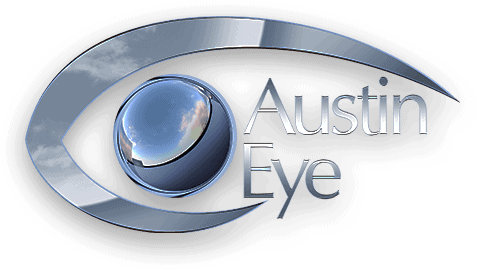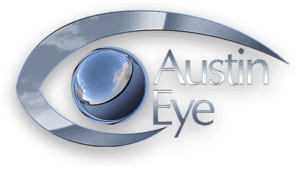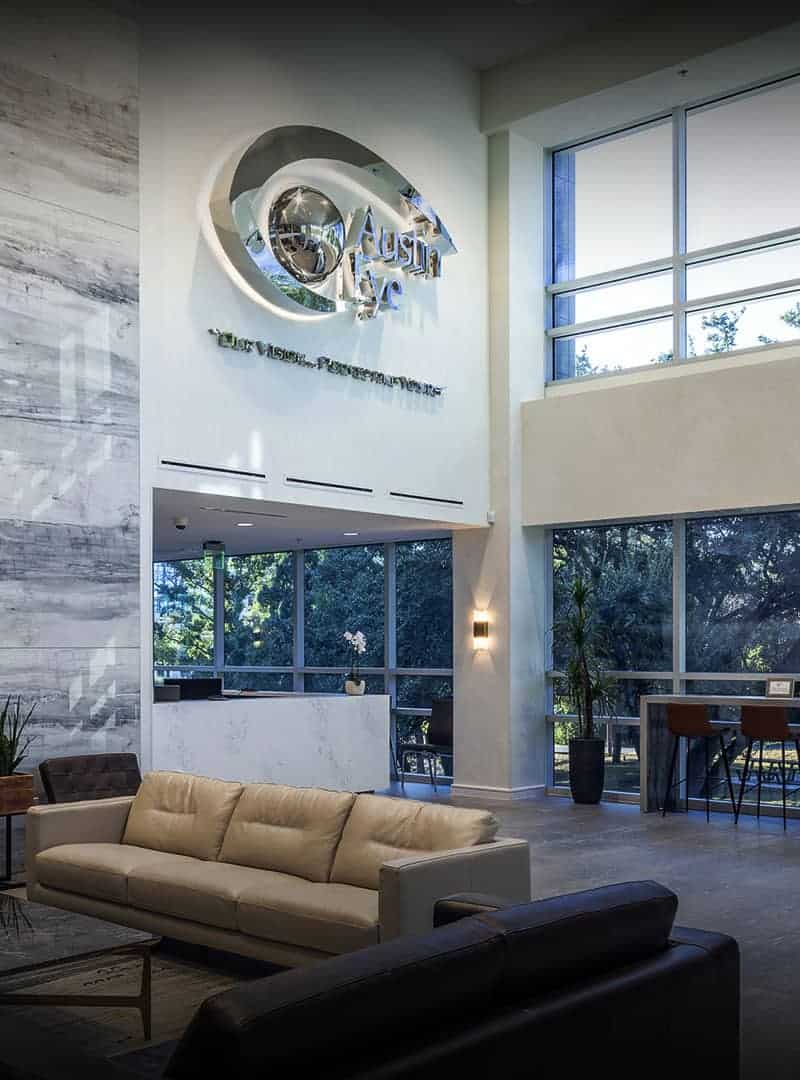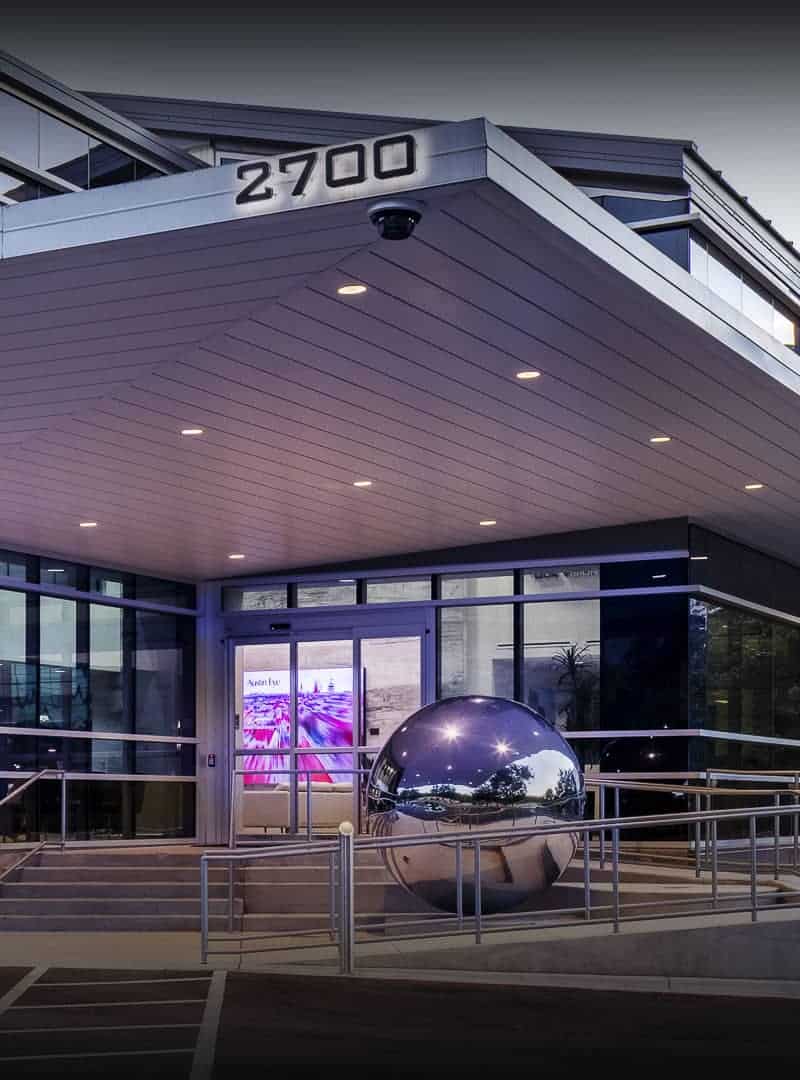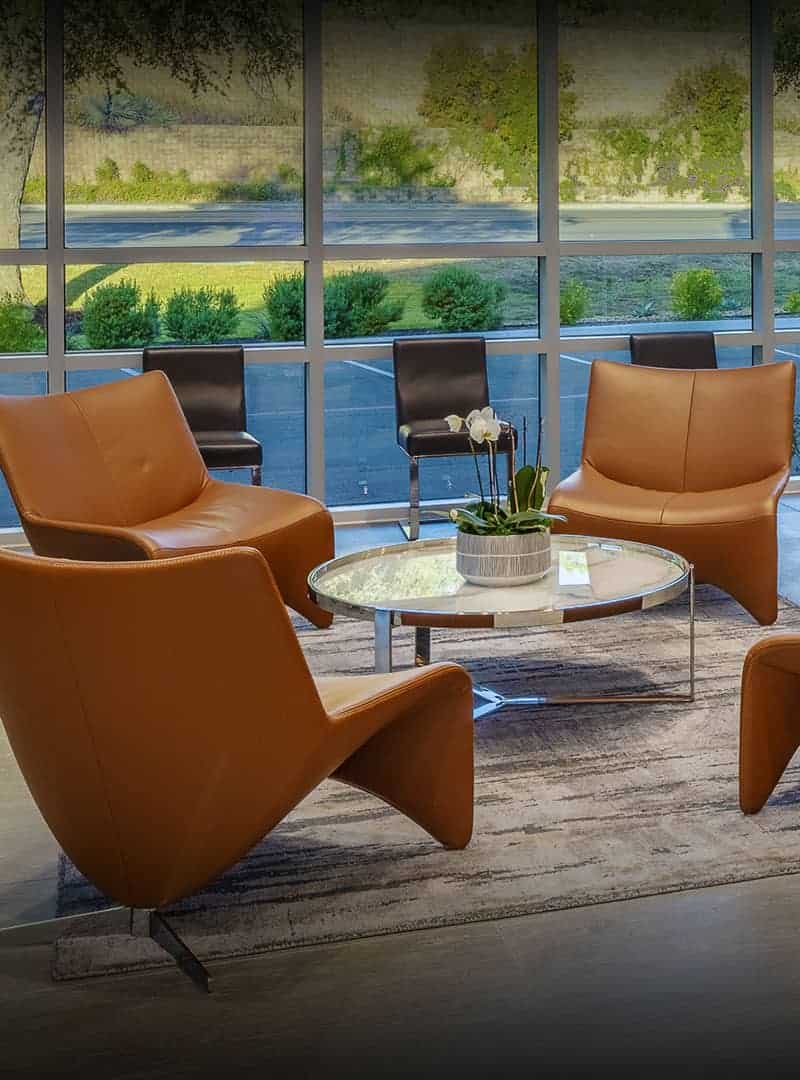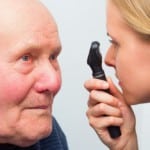 Starting around age 40, many adults begin to notice changes in their vision. Although these changes are a normal part of the aging process, it is important to be aware of them and whether they may signify a serious issue. In this blog post, the expert team at Austin Eye discusses common age-related vision problems and what can be done about them.
Starting around age 40, many adults begin to notice changes in their vision. Although these changes are a normal part of the aging process, it is important to be aware of them and whether they may signify a serious issue. In this blog post, the expert team at Austin Eye discusses common age-related vision problems and what can be done about them.
Loss of Peripheral Vision
As you get older, the size of your visual field decreases, resulting in a gradual loss of peripheral (side) vision. This can make driving more difficult and dangerous. Older drivers should take precautions when driving by turning their head and looking both ways when approaching intersections.
Cataracts
Approximately half of adults age 65 or older have some degree of cataract, which is a clouding of the eye’s natural lens. Individuals with cataracts experience blurry or fuzzy vision and may feel like they are looking through a cloudy piece of glass. While prescription glasses and contact lenses can help offset early symptoms, cataract removal surgery may be necessary if symptoms interfere with daily life.
Presbyopia
As you age, your eyes become less flexible, making it more difficult for them to change focus from far to near objects. This results in a common eye condition known as presbyopia, which is the age-related loss of near vision that often becomes noticeable around age 40. Traditionally, presbyopia has been treated with prescription reading glasses. Patients who wish to achieve clear near vision without eyeglasses can do so with the Raindrop Near Vision Inlay, a tiny lens implanted onto the cornea, or lens replacement surgery with a premium lens implant. Contact our team to learn more about the Raindrop Near Vision Inlay or lens replacement surgery.
Glare
As you get older, changes in your eye’s lens cause light entering the eye to scatter rather than focus precisely on the retina. As a result, you may begin to notice more glare from headlights at night or sun reflecting off windshields during the day.
There are several things you can do to preserve good eye health as you age. A healthy diet filled with eye-friendly nutrients (e.g., vitamin C, lutein, zeaxanthin) can reduce the risk of certain eye conditions while routine eye exams are essential for diagnosing and treating eye problems early on. To discuss your vision concerns with one of our board certified eye doctors or to schedule a routine eye exam, please call our North Office at (512) 250-2020 or our Central office at (512) 454-2020.
